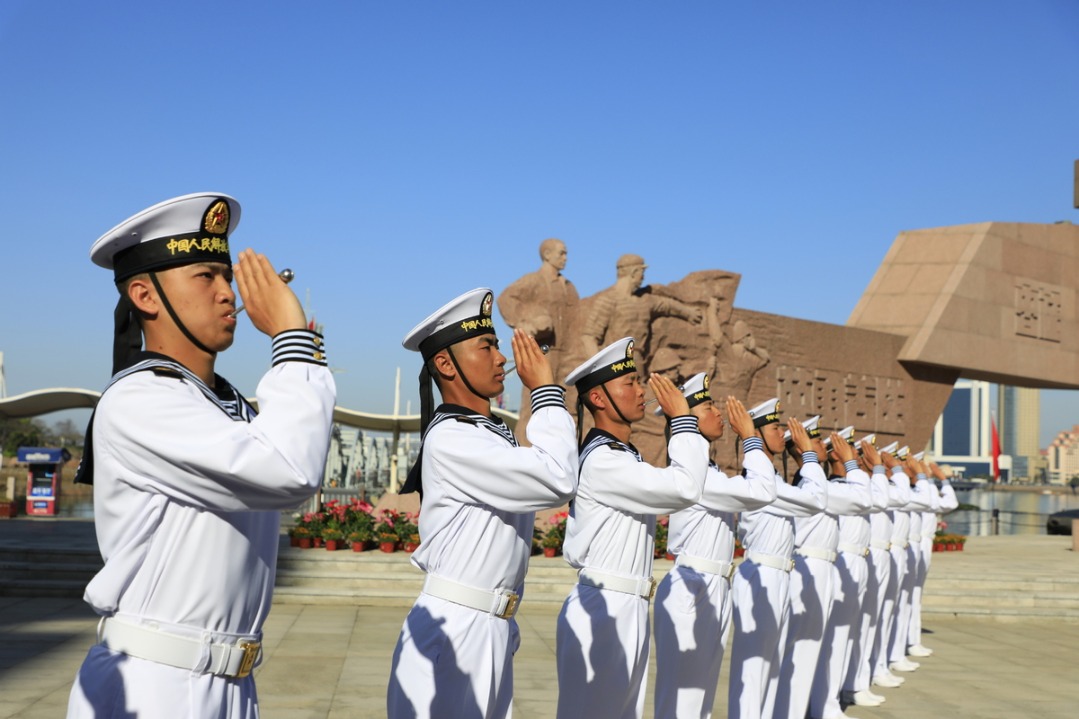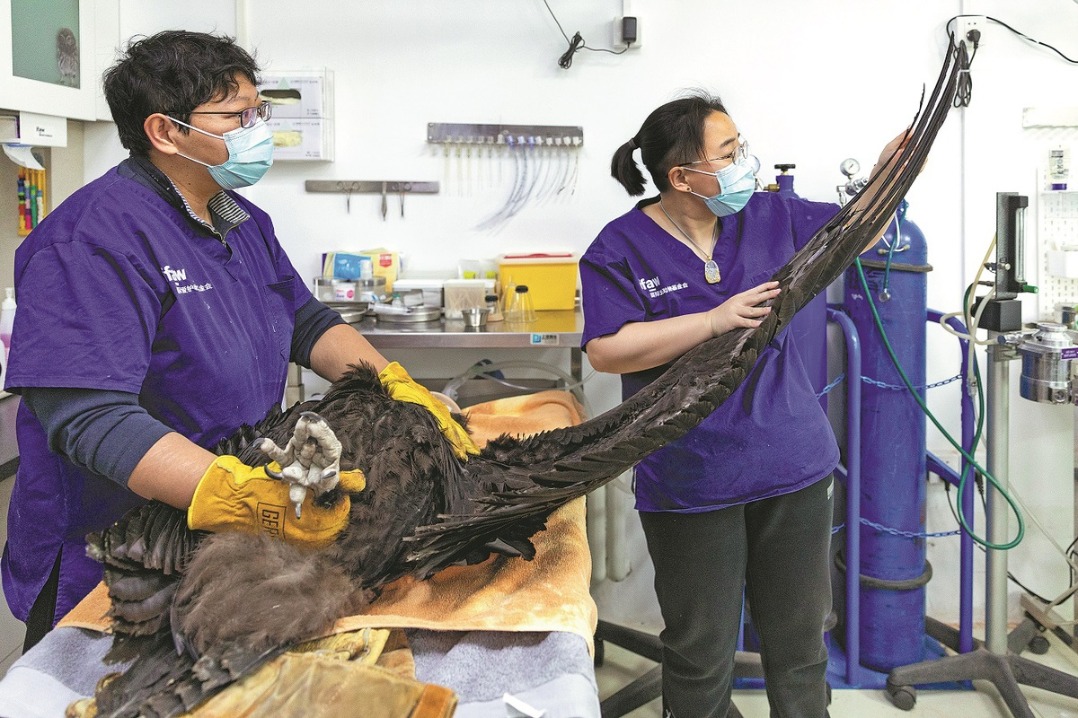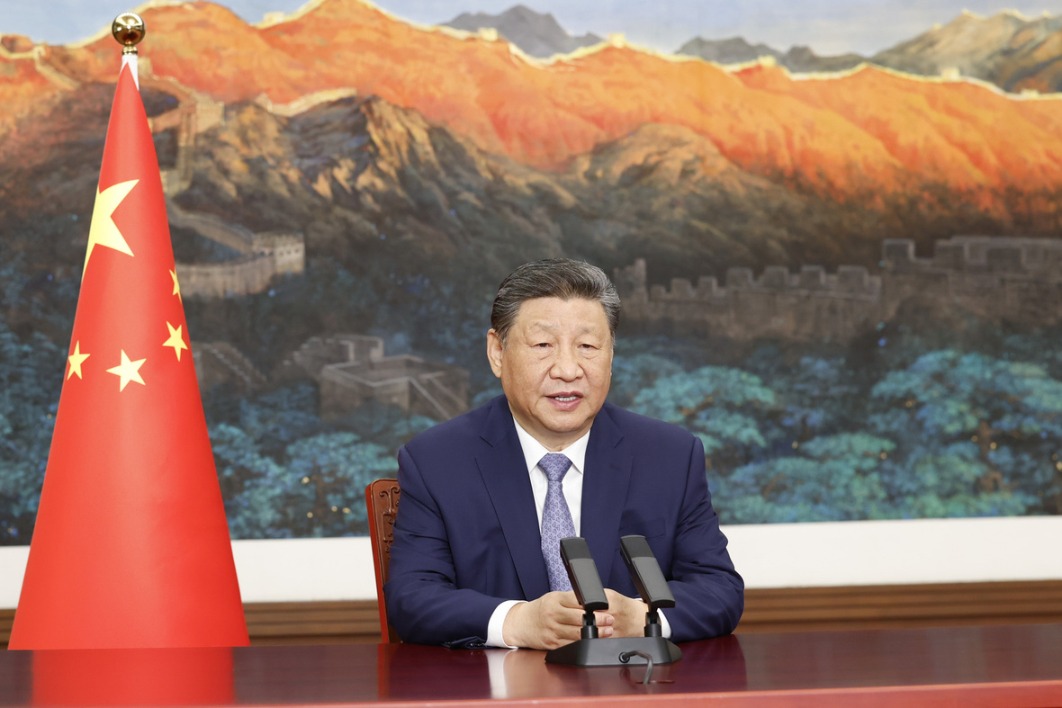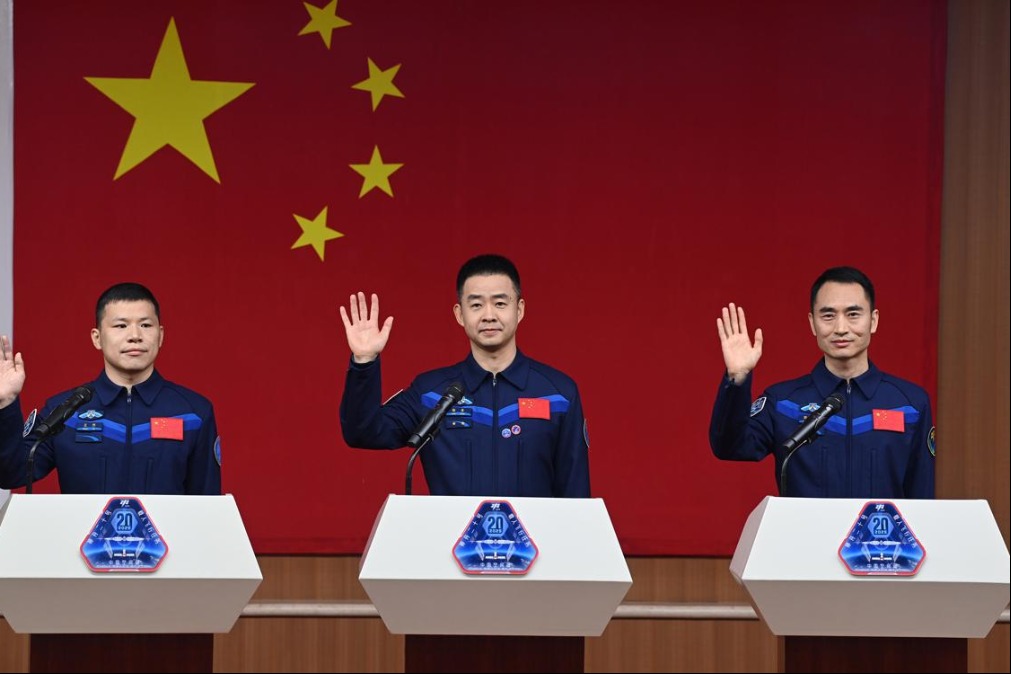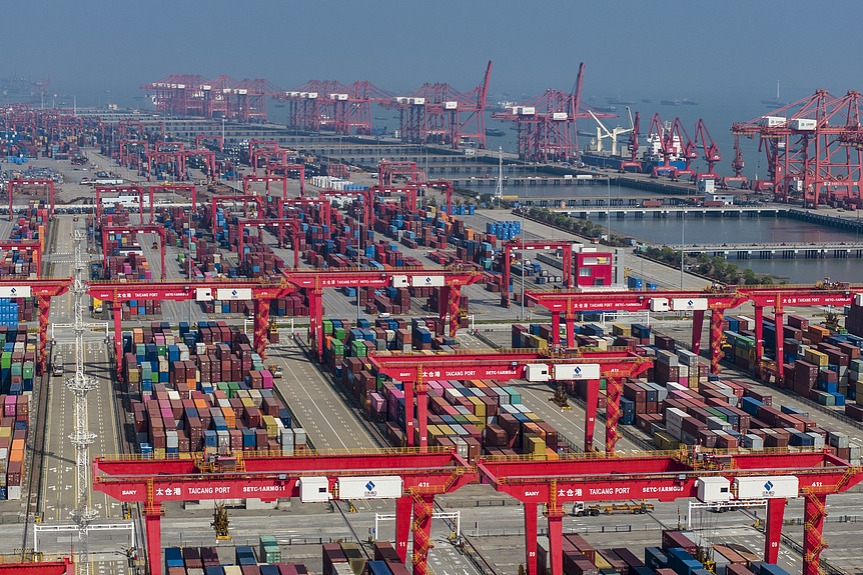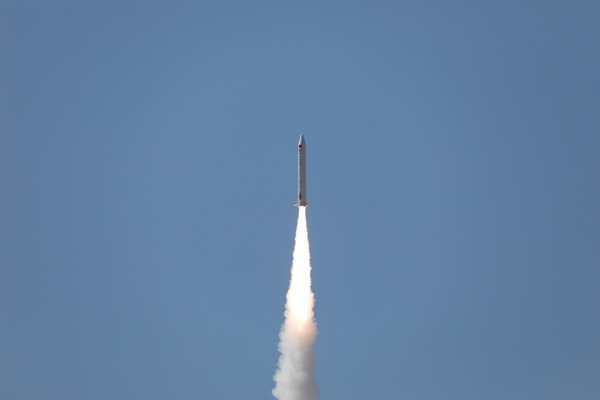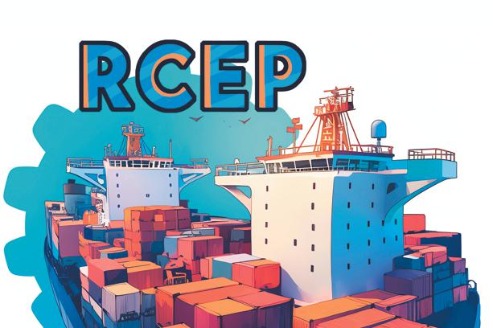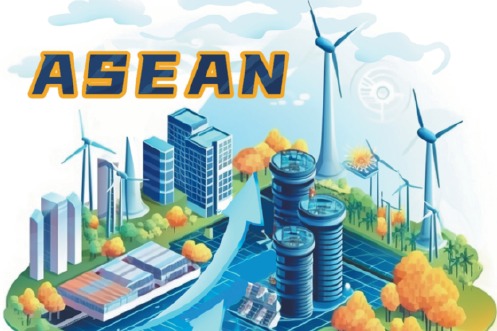Rebuilding China-India ties prudently

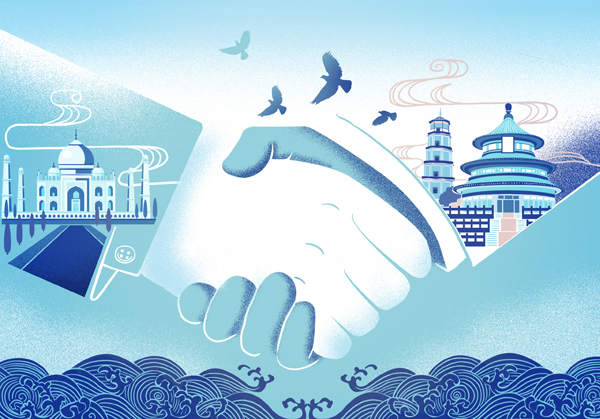
China-India relations have shown some positive developments of late, particularly the phone conversation between President Xi Jinping and Indian Prime Minister Narendra Modi on March 20, during which both leaders said they hoped to deepen cooperation and expand exchanges.
India seems to have softened its stance toward China since the BRICS Summit in Xiamen, Fujian province, in September last year. Some high-ranking Indian officials, including Modi and Defense Minister Nirmala Sitharaman are scheduled to visit China within the next three months. And the Modi government has asked officials not to participate in Dalai Lama's programs. These are welcome signs for China.
However, whether these positive turns represent a fundamental change in India's China policy or are just an opportunist move by the Modi government is yet to be ascertained. In fact, as India gears up for the general elections in 2019, some political parties could target China in order to garner votes and thus disrupt the positive momentum in bilateral ties. Therefore, China ought to adopt a rational approach to bilateral ties and be prepared to deal with a worsening situation.
Both countries, especially India, must abandon their "zerosum" thinking to help improve bilateral ties. As former Indian prime minister Manmohan Singh said, the world can provide enough space for both countries' development.
To begin with, the two sides need to build mutual strategic trust based on the fact that their common understanding and shared interests are greater than their divergences. That the two countries resonate with each other in culture, values and social ethics is reflected by the popularity of several Indian films in China. And how to view each other's rise while managing competition and cooperation with an open mind should be the new normal topic of discussion.
As Xi emphasized during his meeting with Modi on the sidelines of the BRIC Summit in Xiamen, the two countries should realize that they offer each other opportunities without posing any threat, and that peaceful co-existence and win-win cooperation are the right choice for them.
Foreign Minister Wang Yi explained the significance of political trust at a news conference on the sidelines of the just-concluded first session of the 13th National People's Congress, saying that with political trust not even the Himalayas can stop China and India from conducting friendly exchanges, but without it even level land cannot bring them together.
Second, China and India had a relationship of cooperation and competition in the 20-odd post-Cold War years, which yielded remarkable results in a number of areas including trade, investment and cultural exchanges. This shows a healthy and stable relationship is in interests of both countries.
Third, the two countries should prudently and discreetly deal with sensitive issues, including the border dispute, and should not allow such issues to restrain the further development of bilateral ties. There are several areas, apart from trade and investment, in which the two sides can strengthen cooperation, such as infrastructure construction, urbanization, food security and climate change.
Fourth, building an extensive multi-polar collaboration network covering the main stakeholders is in the interest of both countries, so is the institutionalization of mutual visits at the top level and regular exchanges at all levels because they can greatly improve bilateral ties. More importantly, the two countries' militaries should maintain regular high-level and non-confrontational dialogues, in order to reduce strategic miscalculations and enhance strategic trust.
The two sides should also build a communication and coordination mechanism to manage their overseas interests, and organize dialogues at academic, media and cultural levels, as well as exchanges between NGOs as a way to improve bilateral ties.
The time is ripe for the Chinese and Indian governments to re-identify their shared interests and visions, following the Donglang (Doklam) standoff last year, and inject positive energy into bilateral relations.
As Modi has said, China and India are "two bodies, one spirit". So long as the two sides deepen their exchanges and reduce suspicion the strategic value of cooperation would be evident and people would be confident of China-India relations. Only in this way will China and India come closer and reap mutual benefit, which leaders of both countries ardently desire.
The author is an associate research fellow at China Institute of International Studies.


















